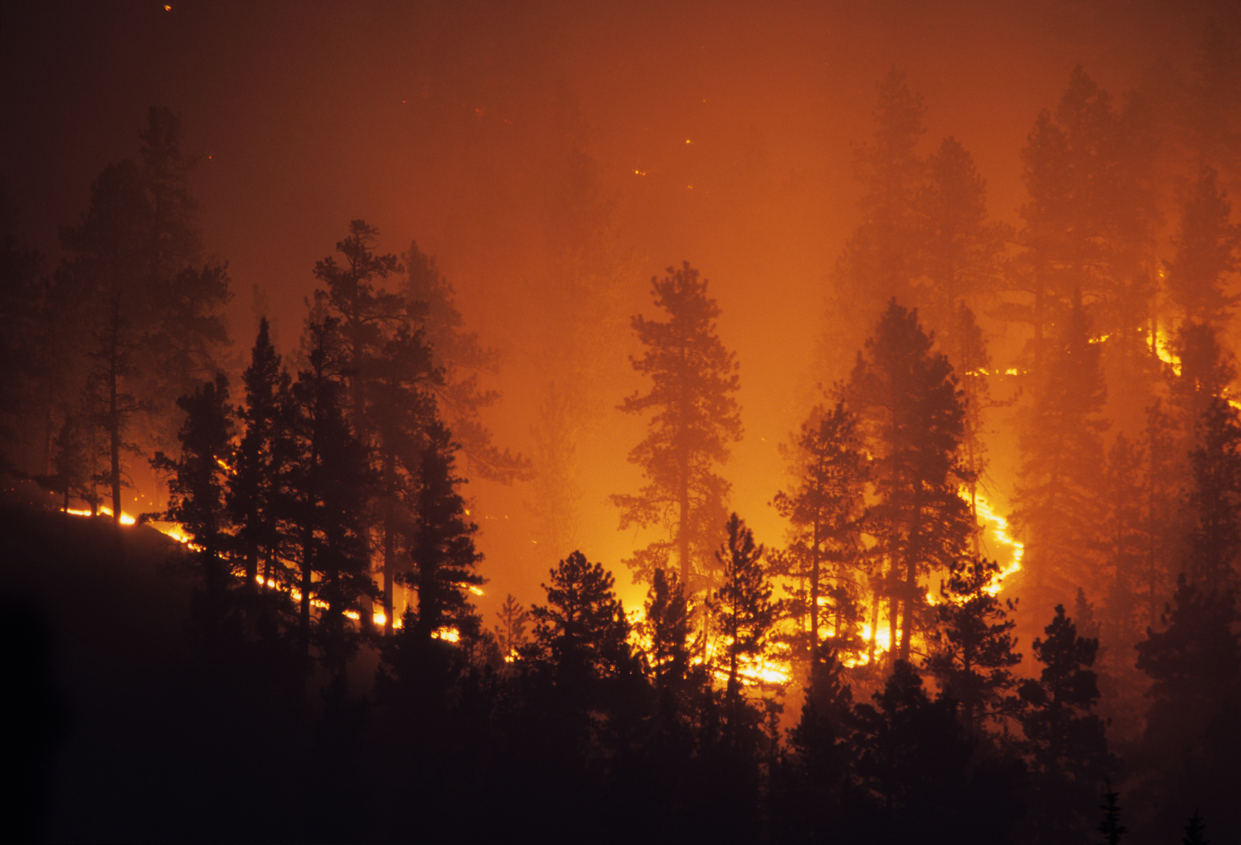
Wildfires have developed a negative, fearful connotation over the years and there has been talks about managing forest fires. They imply danger and destruction; however, these blazes can benefit the land in many ways. As a result, firefighters have shifted their roles from immediate extinguishers to patient observers and managers.
Fire’s unpredictable nature requires fire crews to protect themselves and others.
Managing Forest Fires: Why It Is Essential
Professionals should invest in firefighter liability insurance and bolster their management strategies. After all, while this philosophy of containing and watching assists Mother Nature, it asks firefighters to remain vigilant, proactive, and knowledgeable.
The Benefits of Managing Fires
Wildfires continue to plague the nation. According to the United States Department of Agriculture Forest Service, approximately 73,000 wildfires destroy an average of 7 million acres yearly. In the past, fire departments saw each one as an immediate threat, demanding swift and sufficient intervention. However, fire crews don’t have to stop the flames immediately. Instead, they manage them.
Research indicates that many of these fires play a pivotal role within the ecosystem. Whether prescribed burns or natural, these fires clear out land. They revitalize the area for future growth, creating homes for wildlife and killing off harmful bacteria and pests. Furthermore, they eliminate undesirable underbrush and renew the soil.
How To Manage a Fire
Today’s predictive technology assists crews in their efforts, helping them plan their locations and anticipate potential concerns. Incident response teams rely on regular data to inform their actions. These overviews may happen daily, weekly, or monthly, permitting professionals to constantly remain aware of the fire’s spread and impact on the land.
For instance, Yosemite National Park of California experiences fire often. The site has experienced numerous outbreaks from lightning hits this year alone. The park does not shut down with each new spark. Instead, units of trained experts focus on monitoring and containing areas. Staff observes the fire’s behavior, air quality, and fuel exposure in determining when and what to shut down.
Firefighters remain on call, working hard to maintain and control the wildfire. It’s a precarious position demanding awareness and swift reaction. Besides staying in constant contact with supervisors, fire professionals should hold liability coverage for added protection.
When To Stop the Fire
Fires can turn at a moment’s notice. Response teams continually assess the immediate threat to the nearby population and natural resources. They intervene and suppress wildfires that seriously and immediately threaten people or the location. In addition, staff may evaluate the situation’s initial cause, choosing to extinguish human-triggered burns.
Fire has and continues to remain a vital method for nature to restore itself. While on the front lines, professionals work hard to protect the Earth and people, helping to stimulate growth and keep others safe. This arduous work asks a lot from the experts. Along with having firefighter liability insurance, fire specialists should ensure they remain up-to-date on the burn’s position, recognizing signs of danger.
About Provident Fire Plus
At Provident Fire Plus, we offer custom tailored packages to best protect firefighters and volunteer firefighters. We understand the risks that emergency response teams are subjected to on a daily basis, and have worked to serve these dedicated professionals for over 87 years. For more information about our products and policies, we invite you to contact our experts today at (855) 201-8880.

